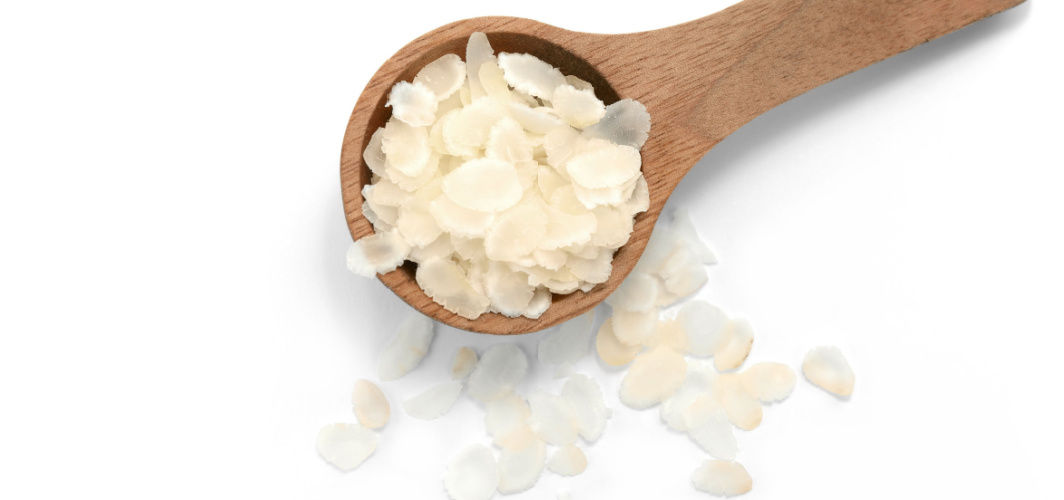Diabetes Management
What are the best sources of probiotics for diabetics?
3 min read
By Apollo 24|7, Published on - 30 August 2024, Updated on - 16 March 2025
Share this article
0
1 like
.jpg?tr=q-80)
You have likely heard about probiotics, but did you know they might be especially beneficial for people with type 2 diabetes? Recent research has highlighted the potential of probiotics in helping manage diabetes, making them a valuable addition to traditional therapies. In this blog, we aim to provide an overview of the best sources of probiotics for diabetics.
Which Probiotic Strain is Best for Diabetes?
Probiotics are live microorganisms that offer health benefits when consumed in sufficient amounts. They can improve glucose metabolism, decrease insulin resistance, support gut health and regulate carbohydrate digestion—all crucial elements in managing diabetes.
Several strains have come under scientific spotlight for their potential benefits in diabetes management:
- Lactobacillus acidophilus: It can potentially lower blood glucose levels.
- Bifidobacterium lactis: Known for improved insulin sensitivity and better glycemic control.
- Streptococcus thermophilus: It contributes to overall gut health and glucose metabolism.
- Lactobacillus rhamnosus and Bifidobacterium animalis: These have shown promise in clinical studies for their effects on glycaemic control and insulin sensitivity.
Various studies have demonstrated the efficacy of probiotics in managing type 2 diabetes. For instance, a systematic review found that multi-strain probiotics containing Lactobacillus and Bifidobacterium species improved fasting plasma glucose and HbA1c levels in individuals with Type 2 diabetes.
Best Sources of Probiotics for Diabetics
Incorporating probiotics into your diet doesn't need to be complex. Here are some accessible sources:
- Yoghurt: Made from fermented milk, it contains live cultures, which can improve gut health and potentially lower blood sugar levels.
- Kefir: It is a fermented milk drink with diverse probiotics beneficial for lactose-intolerant individuals.
- Sauerkraut: A fermented cabbage dish packed with probiotics and fibre, beneficial for digestive health.
- Kimchi: Similar to sauerkraut, this fermented vegetable dish is rich in probiotics and supports metabolic health.
- Fermented Pickles: Made through natural fermentation, they contain valuable bacteria and contribute to gut health.
- Probiotic Supplements: An alternative for those with digestive issues like IBS, UTIs, or weakened immune systems due to excessive medication.
- Idly & Dosa: Authentic South Indian dishes made from fermented rice and lentil batter, offering beneficial probiotics.
- Tofu: Fermented soybean product that provides probiotics and is a great protein source.
- Apple Cider Vinegar: Contains beneficial bacteria and can aid in digestion.
In conclusion, integrating probiotics into a balanced diet can offer additional support for diabetes management. Whether through food or supplements, incorporating strains like Lactobacillus and Bifidobacterium can help enhance overall well-being. Probiotics not only aid in boosting immunity but also support the gut-brain axis (GBA), which is essential for maintaining a healthy connection between the gut microbiota and brain function.
If you're looking to optimise your diabetes management, you might consider enrolling in the Apollo Super 6 programme. This programme brings together lifestyle changes and personalised support to help manage diabetes effectively. Developed by professional Apollo doctors in India, the Apollo Super 6 programme has shown success in reducing HbA1c levels, weight, waist circumference, and blood sugar levels while enhancing active lifestyles and sleep quality. It's a comprehensive plan that offers free lifelong access to diabetes management tools, dedicated coaches, 24x7 chat support, integrated blood glucometers, expert consultations, webinars, personalised plans, and free diabetes tests.
Diabetes Management
Consult Top Diabetologists
View AllLeave Comment
Recommended for you

Diabetes Management
New research: Will 50% of 20-year old urban Indians develop diabetes?
According to a research, there is a concerning projection that 50% of urban Indians in their 20s may develop diabetes. The primary factor behind this is being obese or overweight. Other factors behind this can be sedentary lifestyles, reduced physical activity, excessive use of electronic devices affecting sleep patterns, low lean mass, gestational diabetes, impaired glucose tolerance, and stress.
.jpg?tr=q-80)
Diabetes Management
Creating Diabetes-friendly Salads: A Recipe Guide
Creating diabetes-friendly salads can be simple and delicious. Opt for nutrient-dense greens, colorfulcolourful non-starchy vegetables, low-glycemic fruits, high-protein toppings, and healthy fats. Enjoy a variety of flavorsflavours with our diabetes-friendly salad recipes. To manage diabetes more effectively, consider joining the Apollo Super 6 program for personalized support.

Diabetes Management
Is Poha a Better Alternate than Rice?
Poha (flattened rice) is a better choice than white rice for diabetes. With a low GI (38-64) and high fiber, it minimizes blood sugar spikes. Fiber slows carb digestion, aiding blood sugar control. Nutrient retention, easy digestion, and versatility make it a nutritious option, emphasizing moderation and monitoring individual responses.
Subscribe
Sign up for our free Health Library Daily Newsletter
Get doctor-approved health tips, news, and more.
Visual Stories

8 Fruits That are Incredibly Healthy for Diabetes
Tap to continue exploring
Recommended for you

Diabetes Management
New research: Will 50% of 20-year old urban Indians develop diabetes?
According to a research, there is a concerning projection that 50% of urban Indians in their 20s may develop diabetes. The primary factor behind this is being obese or overweight. Other factors behind this can be sedentary lifestyles, reduced physical activity, excessive use of electronic devices affecting sleep patterns, low lean mass, gestational diabetes, impaired glucose tolerance, and stress.
.jpg?tr=q-80)
Diabetes Management
Creating Diabetes-friendly Salads: A Recipe Guide
Creating diabetes-friendly salads can be simple and delicious. Opt for nutrient-dense greens, colorfulcolourful non-starchy vegetables, low-glycemic fruits, high-protein toppings, and healthy fats. Enjoy a variety of flavorsflavours with our diabetes-friendly salad recipes. To manage diabetes more effectively, consider joining the Apollo Super 6 program for personalized support.

Diabetes Management
Is Poha a Better Alternate than Rice?
Poha (flattened rice) is a better choice than white rice for diabetes. With a low GI (38-64) and high fiber, it minimizes blood sugar spikes. Fiber slows carb digestion, aiding blood sugar control. Nutrient retention, easy digestion, and versatility make it a nutritious option, emphasizing moderation and monitoring individual responses.


